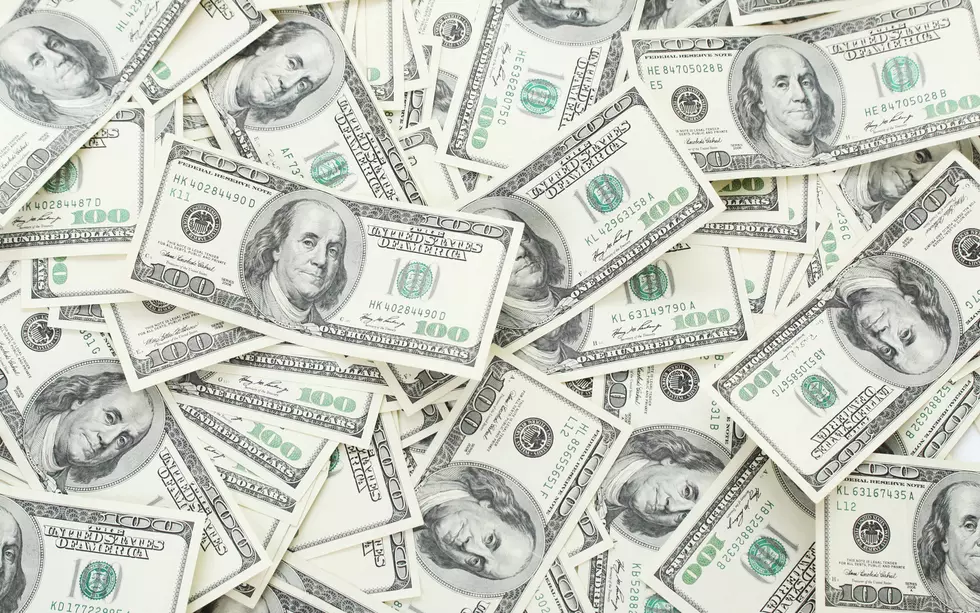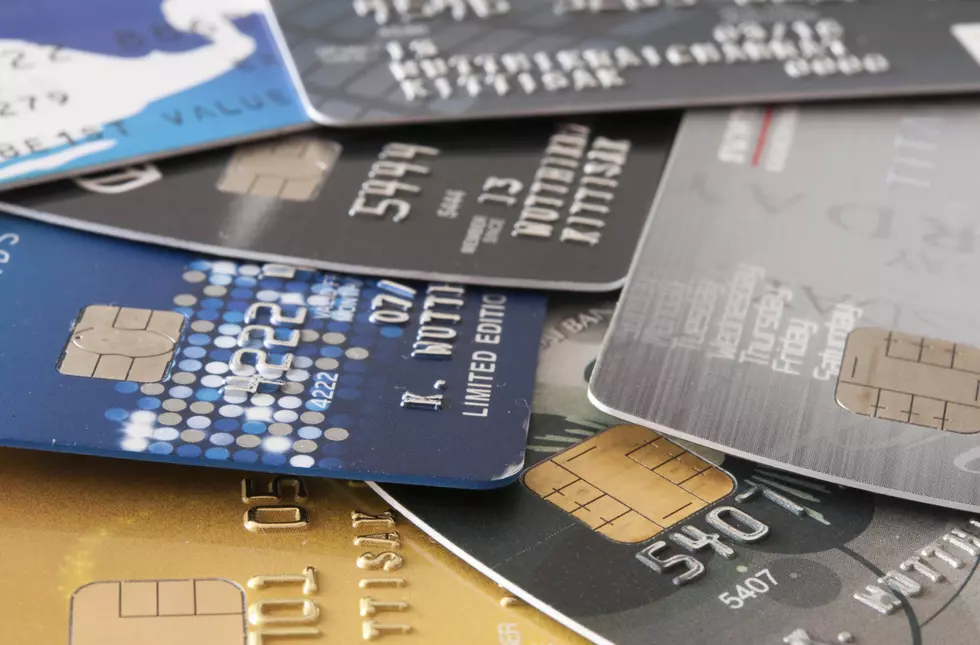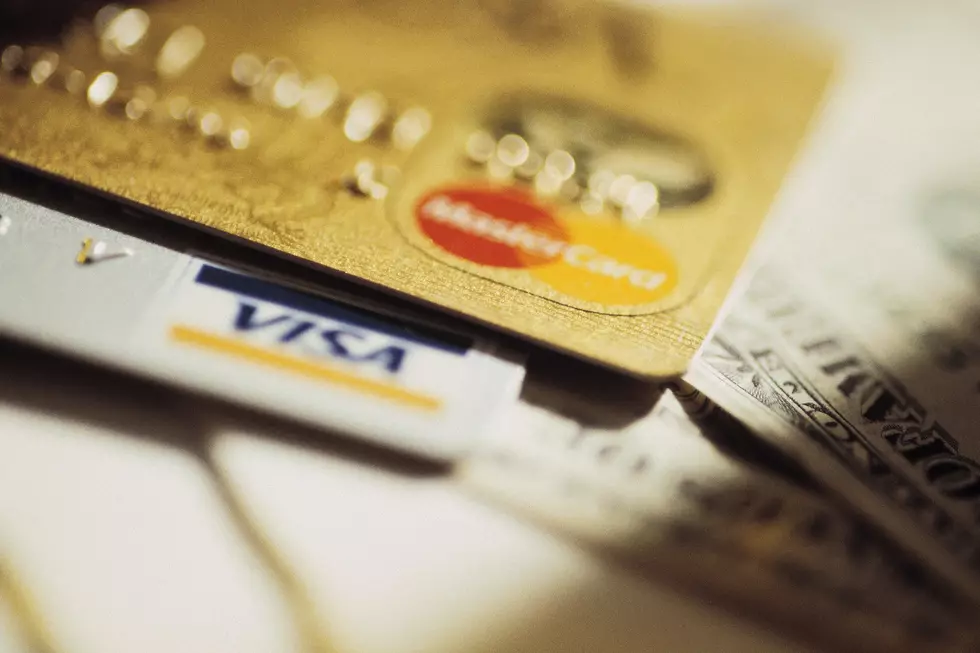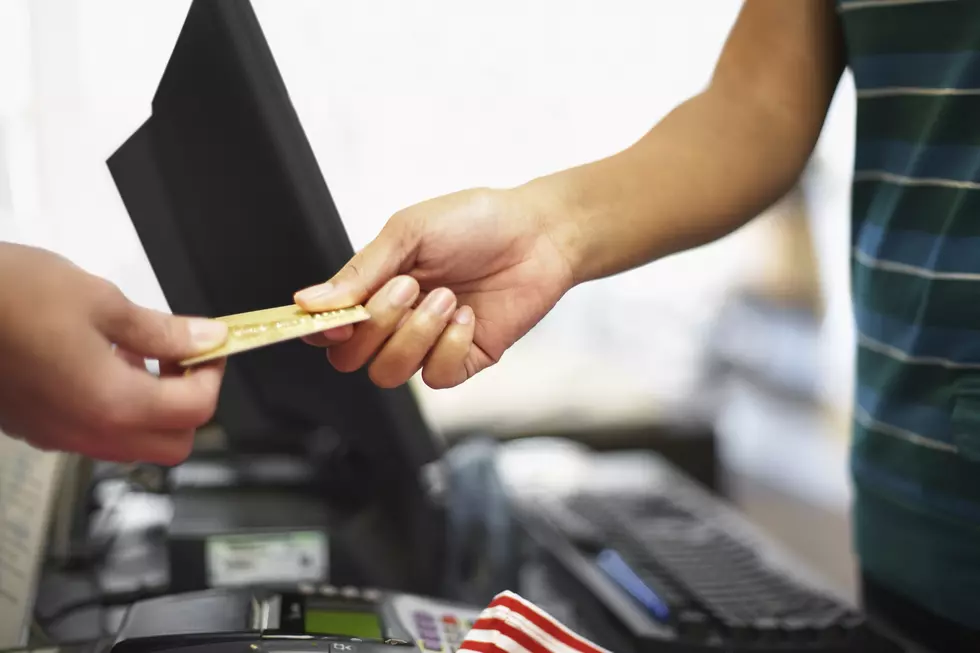![Expert: Pay Down Debt Now [AUDIO]](http://townsquare.media/site/385/files/2012/01/credit.jpg?w=980&q=75)
Expert: Pay Down Debt Now [AUDIO]
If you're carrying debt of any kind, this may be the time to pay it off.
Since the financial crisis in 2008, the Federal Reserve has been making monthly bond purchases to keep interest rates historically low in an effort to encourage spending and borrowing. However, as the economy improves, the central bank is decreasing bond purchases.
And while short-term interest rates remain low, they are likely to increase at some point, although the Federal Reserve hasn't given a timetable.
"Interest rates may begin to increase on home mortgages, and in subsequent years, they may start to creep up on other types of debt that consumers hold like unsecured debt," said Bruce McClary, spokesperson for Clearpoint Credit Counseling Solutions. "Consumers have had a great ride over the past couple of years with historically low interest rates, but everybody knows that scenario can't last forever. We're getting to the point where that is going to change, and people need to keep that top of mind and start thinking of what they want to do."
McClary said now is the time for consumers to pay down or pay off debt.
"If someone is carrying debt month to month and not paying it off, that's not a good thing. It's never a good idea to carry too much debt for a long period of time because the effects of the interest on your income and savings are devastating," said McClary. "If the interest rates you're seeing now may go up a bit, you really need to start think about getting serious and paying that debt off as soon as possible."
How much debt is too much?
"Your monthly payments on everything you owe should never exceed 40 percent of your net income. If you're beyond that 40 percent, you're in trouble and you really should try to pay that down," McClary said.
Consumers can follow these tips to pay down debt:
- Add a little bit more to your monthly payment if you can't pay it off in one lump sum
- Don't ever lower your minimum monthly payment as the balance of your debt goes down
- Pay off the debt with the highest interest rate first
- Make savings a priority
"It is important to pay down your debt, but it's also important to pay yourself first and make savings a priority. Don't ignore your efforts to put money aside for emergencies in your effort to pay down your debt," McClary said. "Don't be afraid to ask for help. There are people available who can help you set up a plan to pay down your debt."
McClary also suggests that consumers looking to make a big purchase, such as a home or car, may want to do it now.
More From New Jersey 101.5 FM









